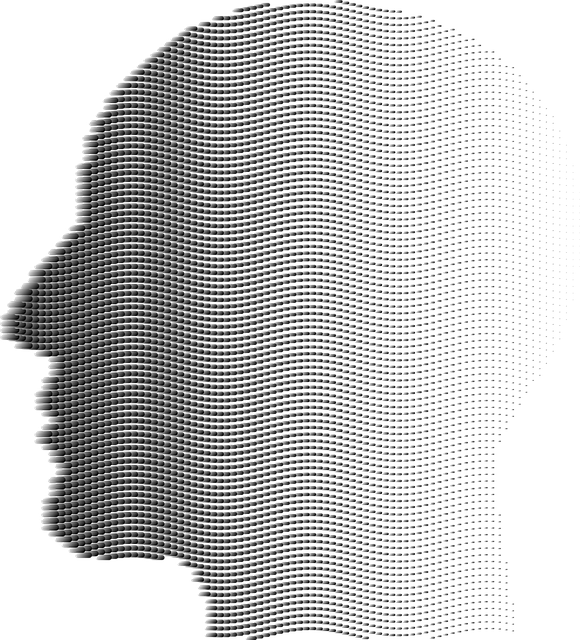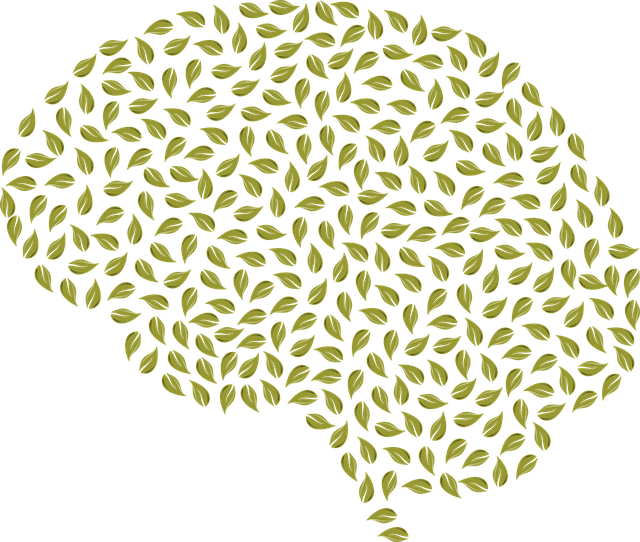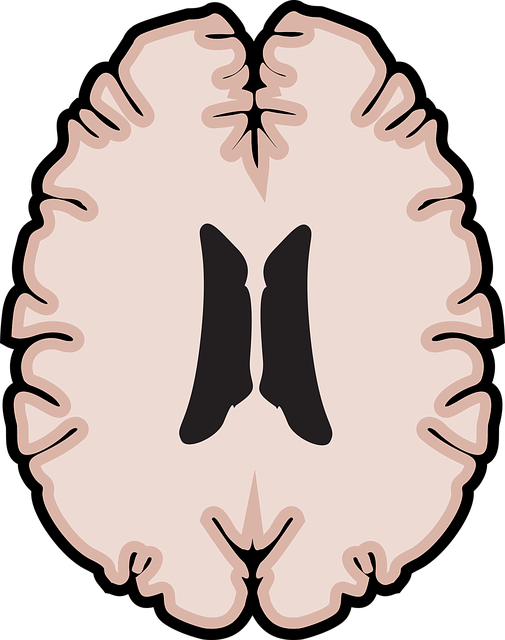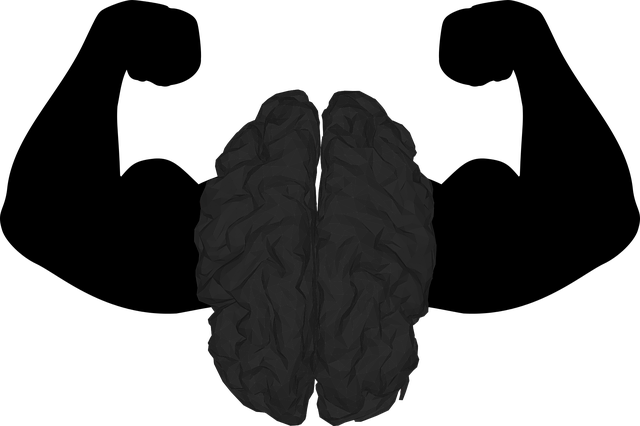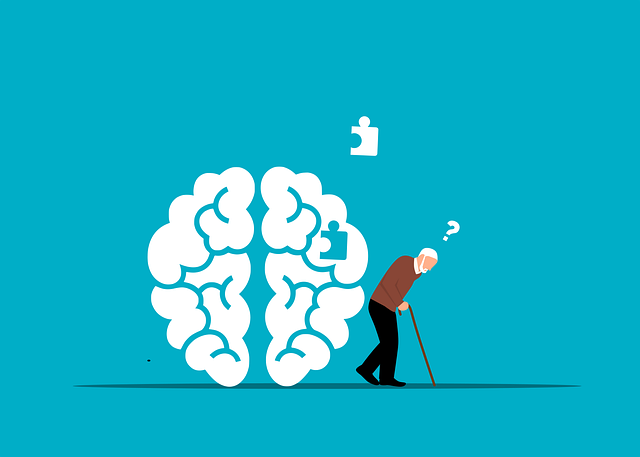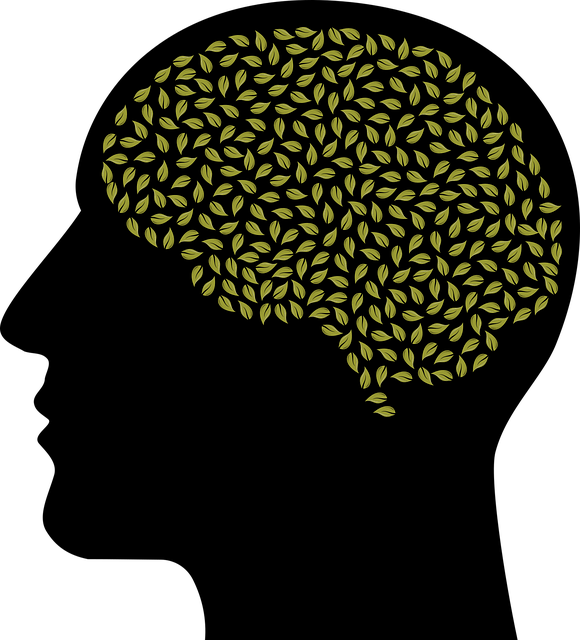Lone Tree Divorce Therapy offers specialized counseling to address loss, grief, and bereavement, impacting emotional well-being. They recognize that these experiences, from relationship endings to loved ones' deaths, evoke complex emotions like sadness, anger, and guilt, which, left unprocessed, can lead to mental health issues. Through evidence-based practices, empathy, and effective communication strategies, Lone Tree Divorce Therapy creates safe spaces for clients to heal and build inner strength. Their tailored approach not only supports individuals but also equips healthcare providers with burnout prevention tools, fostering resilience during challenging life transitions.
“Loss, grief, and bereavement are profound experiences that can profoundly impact an individual’s mental health and overall well-being. This comprehensive guide explores these complex emotions, offering a deeper understanding of their effects on daily life. We delve into the healing power of counseling, emphasizing its role in supporting individuals through difficult times.
‘Lone Tree Divorce Therapy’ presents a unique approach to navigating separation, providing compassionate and professional guidance tailored to the specific needs of those dealing with loss.”
- Understanding Loss, Grief, and Bereavement: A Comprehensive Overview
- The Impact of Loss on Mental Health and Well-being
- Counseling as a Support System: Strategies for Healing
- Lone Tree Divorce Therapy: Navigating Separation with Compassion and Professional Guidance
Understanding Loss, Grief, and Bereavement: A Comprehensive Overview

Loss, grief, and bereavement are deeply personal experiences that can profoundly impact an individual’s emotional well-being. Understanding these concepts is essential for anyone seeking support or considering a career in counseling. Loss refers to the absence of something significant, whether it be a relationship, job, health, or other valuable aspects of life. Grief is the complex emotional response to loss, often characterized by sadness, anger, and confusion. It is not simply about mourning but involves a series of stages that can vary greatly from person to person. Bereavement, on the other hand, specifically pertains to the period after a loved one’s death, during which individuals navigate their emotions and adjust to life without them.
At Lone Tree Divorce Therapy, we recognize that loss, grief, and bereavement are unique journeys for everyone. Our counselors employ effective communication strategies and empathy-building techniques to create a safe space for clients to process their feelings. By understanding the intricate dynamics of these experiences, healthcare providers can implement burnout prevention strategies to support themselves and others effectively. These approaches foster resilience, enabling individuals to heal and find meaning in their lives after loss.
The Impact of Loss on Mental Health and Well-being

The impact of loss on mental health and well-being can be profound and far-reaching. When faced with the death of a loved one, or even significant life changes like divorce, individuals often experience a range of complex emotions including sadness, anger, guilt, and confusion. These feelings can lead to what is commonly known as bereavement or grief, which, if not managed properly, may escalate into more severe mental health issues such as depression and anxiety. Lone Tree Divorce Therapy recognizes the deep connection between loss and mental well-being, emphasizing the importance of addressing these emotions head-on.
Through effective counseling sessions, clients at Lone Tree Divorce Therapy are equipped with powerful communication strategies that foster inner strength development. This process allows them to navigate their grief in healthier ways, preventing depression and promoting resilience. By delving into their feelings and gaining insights, individuals can transform their pain into a catalyst for personal growth and improved mental health.
Counseling as a Support System: Strategies for Healing

Counseling plays a pivotal role in supporting individuals navigating loss, grief, and bereavement. It offers a safe space for emotions to be expressed and processed, providing a crucial support system during challenging times. Lone Tree Divorce Therapy, for instance, specializes in helping clients cope with these complex emotions, offering tailored strategies for healing.
Through evidence-based practices, mental health professionals equipped with healthcare provider cultural competency training can guide individuals through the grieving process. They employ various techniques to promote emotional well-being awareness, such as cognitive-behavioral therapy, mindfulness exercises, and support groups. These approaches not only help manage intense emotions but also foster resilience, enabling individuals to gradually adapt and find meaning in their experiences.
Lone Tree Divorce Therapy: Navigating Separation with Compassion and Professional Guidance

Lone Tree Divorce Therapy offers a safe and supportive space for individuals navigating separation and divorce with compassion and professional guidance. Recognizing that divorce is often a complex process filled with emotional turmoil, their approach prioritizes each client’s unique needs. Trained therapists utilize evidence-based techniques to help clients manage the profound grief associated with ending a marriage, fostering resilience, and promoting healthy coping mechanisms.
Beyond addressing the immediate impact of divorce, Lone Tree Divorce Therapy also emphasizes the importance of burnout prevention strategies for healthcare providers who support those going through separation. By integrating self-care practices into their therapeutic framework, they empower clients to not only survive but thrive during this challenging life transition, ultimately enhancing their overall well-being and resilience in the face of depression prevention.
In navigating the complex emotions associated with loss, grief, and bereavement, seeking professional support through counseling can be a powerful tool for healing. As discussed, these challenging experiences significantly impact mental health and well-being, making compassionate guidance crucial. Lone Tree Divorce Therapy exemplifies this by offering specialized services that not only assist individuals during separation but also provide a safe space to process grief. By understanding loss and its effects, counseling empowers people to heal, find meaning, and rebuild their lives after significant changes.
